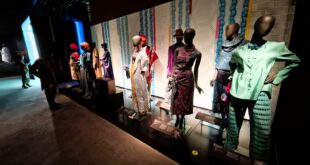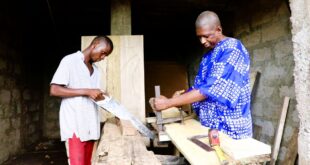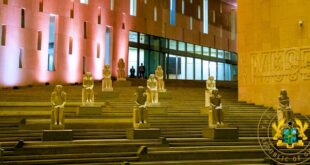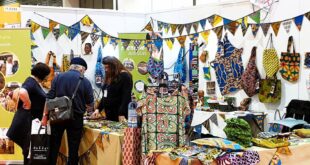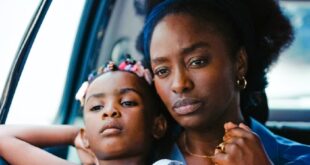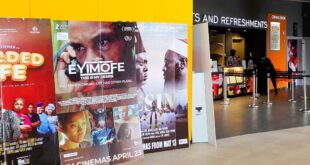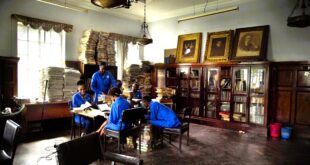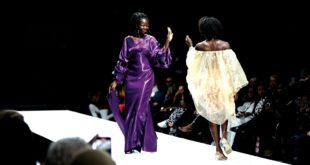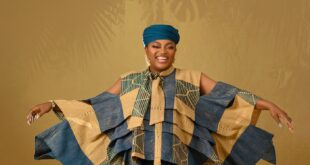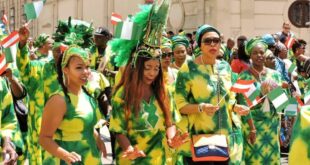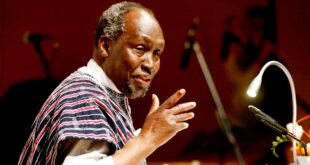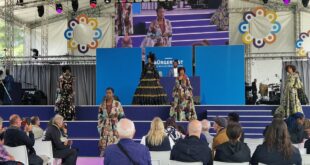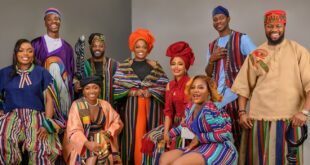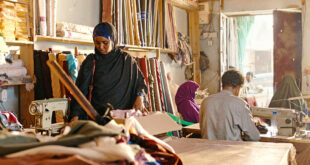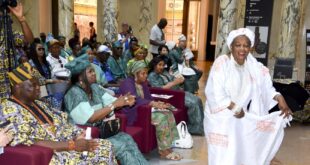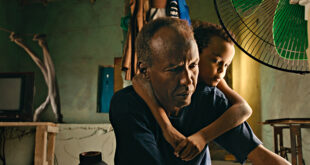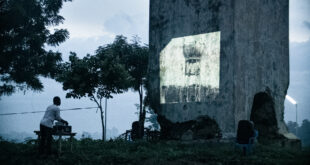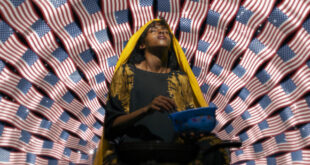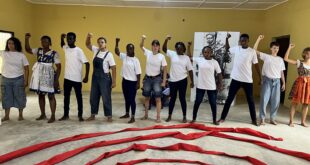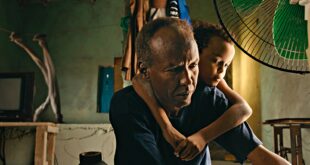A new documentary film “König Bansah und seine Tochter” (King Bansah and his daughter), which takes viewers to Ludwigshafen, where a chief from Ghana lives and runs a car repair workshop, and on a journey to Africa where he’s a chief who is active in the development of his community – depicting a life between two identities, has won a prize at a prestigious film festival
Togbui Ngoryifia Kosi Olatidoye Céphas Bansah (72), better known as “König Bansah” in the German media, comes from Ghana and has been living in Ludwigshafen am Rhein since 1970. In Ghana, Bansah is the honorary traditional chief of the 300,000-strong Gbi community of Hohe Gbi in the Volta Region of Ghana, a region that is home to the Ewe people.
In Ludwigshafen, he runs a car repair shop and works with his wife to raise funds for the implementation of development projects in his home country.
For Germans, Chief Bansah’s children, Carlo and Katharina whose mother is German, are too dark to be considered natives; for people in Ghana, they are seen as white. It is said that this is not a stigmatisation associated with negative feelings, but it does contribute to an identity crisis, which the daughter in particular seems to be struggling with.
Who am I? What makes me different? Where do I belong?
And so, Katharina (39), an artist, feminist and freethinker, accompanies her father to Ghana for the first time in many years. She wants to find out what role her Ghanaian side plays in her life – and whether she wants to get actively involved in her father’s community one day.
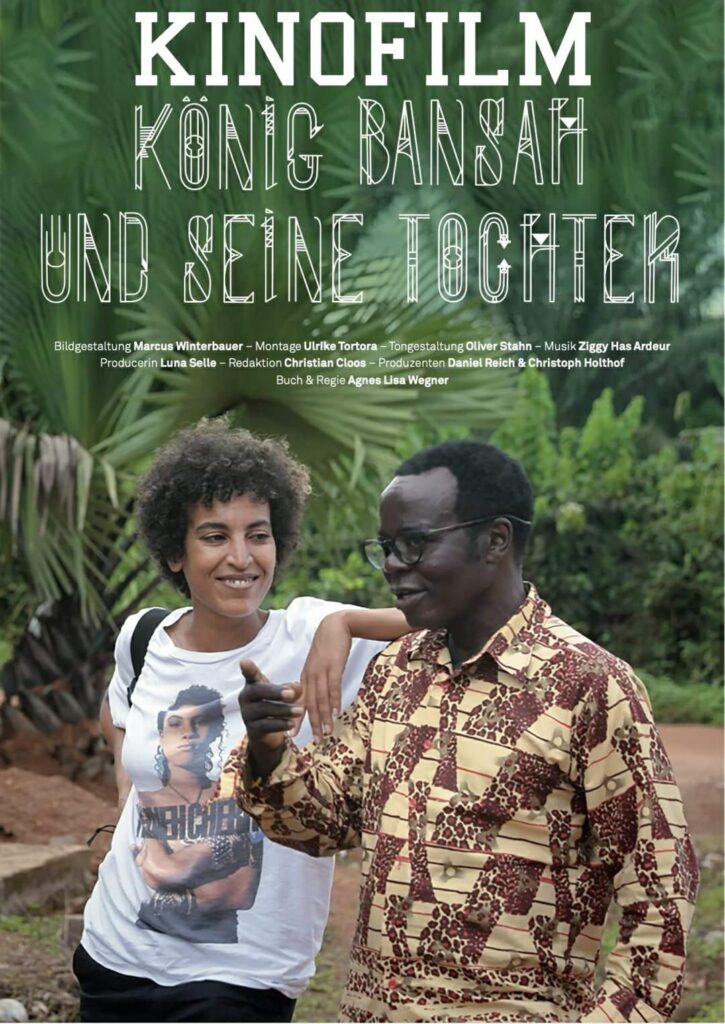
In the documentary King Bansah and his daughter, director Agnes Lisa Wegner also asks Katharina about her profession, her work as a graphic artist and artist and the role they play in her sense of identification, just like family, origin and skin colour.
The documentary, a production of kurhaus production in co-operation with ZDF and funded by MFG Filmförderung Baden-Württemberg, also shows the efforts of Chief Céphas Bansah and his wife Gabrielle to raise funds for the development of his home region in Ghana, promoting their projects at events in Germany in full royal gear, of course.
“King Bansah and his daughter is a film about roles, expectations, limits and the breaking of boundaries. It tells of a search for the inner home. It’s entertaining and informative, also because the family is in a conversational mood and so likeable,” a film critic Oliver Armknecht writes glowingly of the documentary.
King Bansah and his daughter, which premiered at the Hofer Filmtage 2020 on 24 October where it was also awarded the GRANIT prize for best documentary film, “approaches the ever-important topic of identity in an unusual way. At the same time, much in King Bansah and his daughter is so universal and topical and a welcoming appeal for more openness towards others,” Armknecht said. The Hermann and Bertl Müller Foundation has been awarding the 7,500 euro prize for the best feature-length documentary film of German production since 2015.
Despite fears caused by the coronavirus pandemic, the screening of the film was sold out principally because of the intense interest of the cinema goers in the story of Cèphas Bansah, who shot to national media prominence in 1999 when he was crowned the first wine king in German history, helping to revive a dying tradition.
King Bansah and his daughter is currently being screened at film festivals and in cinemas before it will eventually be shown in the series Das Kleine Fernsehspiel on ZDF at a datethat is yet to be announced.
Femi Awoniyi
Watch the trailer of the film HERE
READ ALSO König Bansah’s son appointed chief executive of Red Cross welfare organisation
 THE AFRICAN COURIER. Reporting Africa and its Diaspora! The African Courier is an international magazine published in Germany to report on Africa and the Diaspora African experience. The first issue of the bimonthly magazine appeared on the newsstands on 15 February 1998. The African Courier is a communication forum for European-African political, economic and cultural exchanges, and a voice for Africa in Europe.
THE AFRICAN COURIER. Reporting Africa and its Diaspora! The African Courier is an international magazine published in Germany to report on Africa and the Diaspora African experience. The first issue of the bimonthly magazine appeared on the newsstands on 15 February 1998. The African Courier is a communication forum for European-African political, economic and cultural exchanges, and a voice for Africa in Europe.

